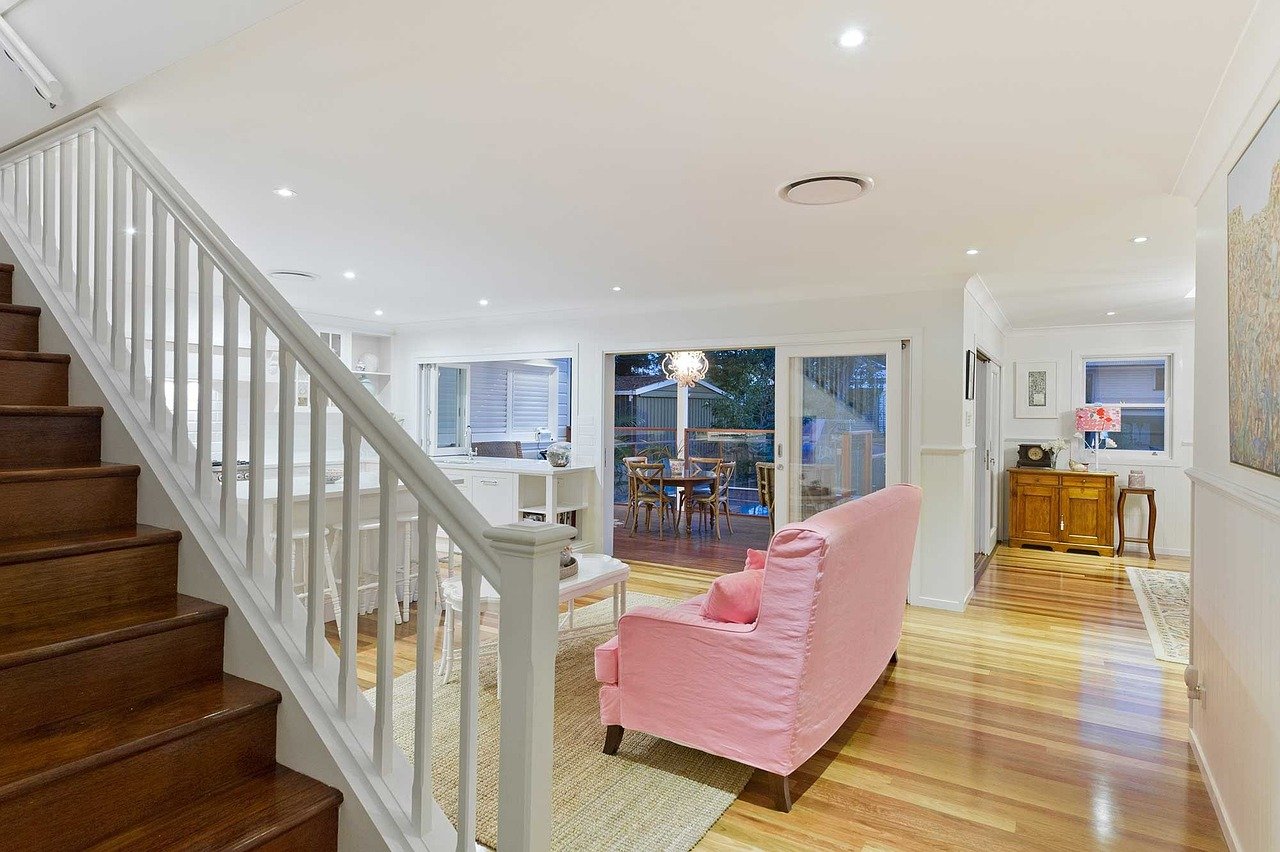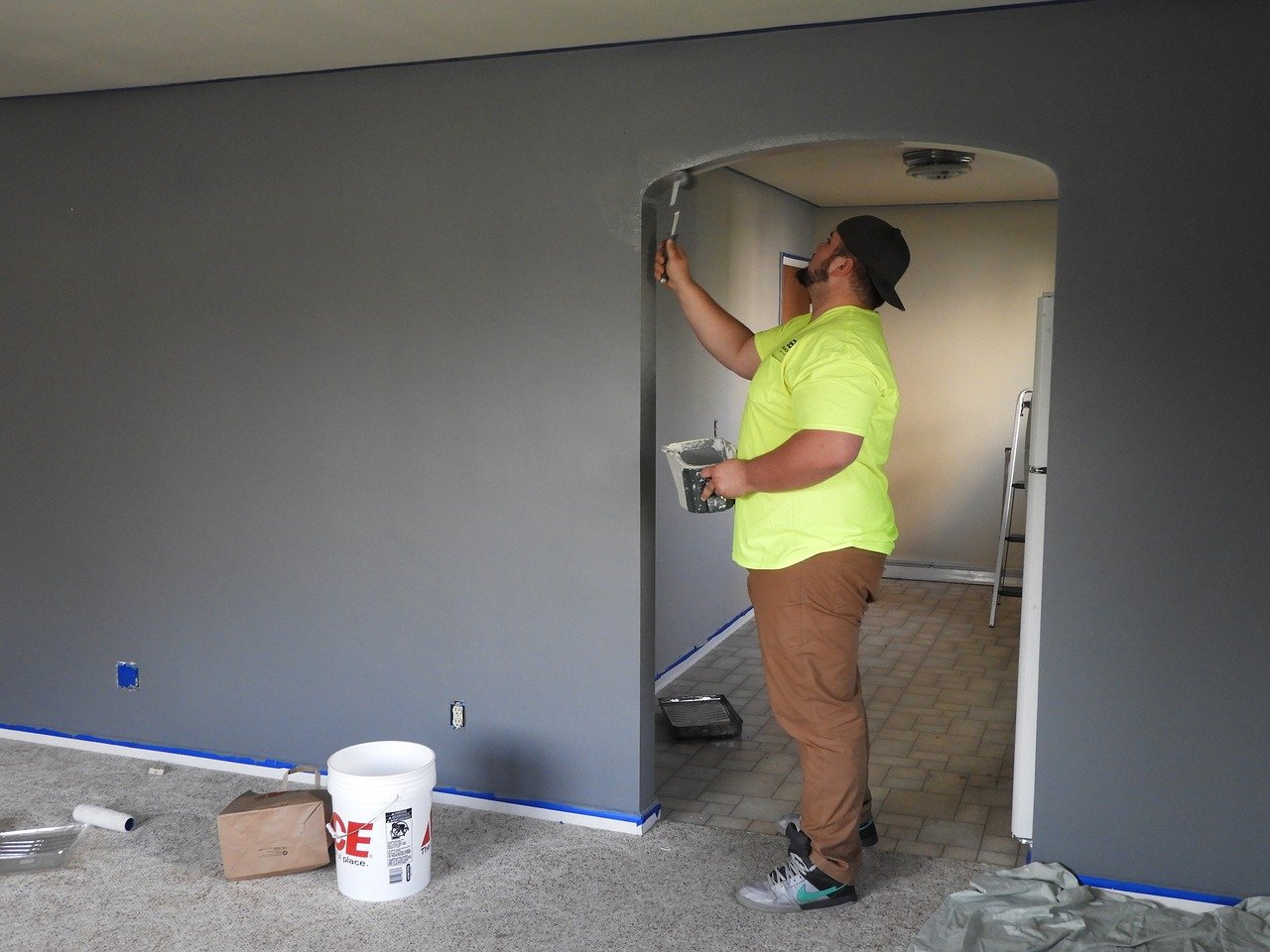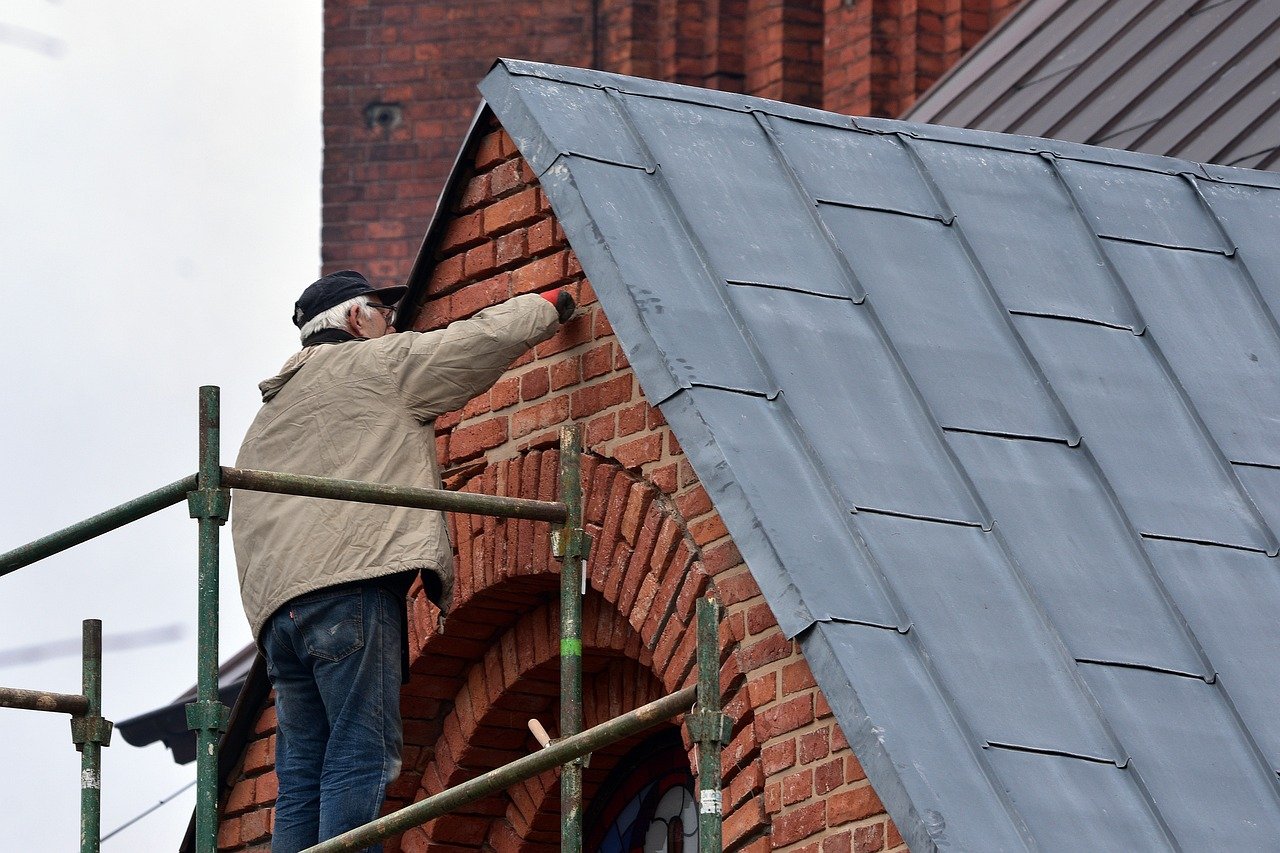Creating a budget for home renovation projects is a fundamental step that can significantly influence the success and satisfaction level of the undertaking. A well-structured budget not only promotes financial discipline but also helps homeowners avoid the pitfalls of overspending. By setting a clear financial framework, individuals can make informed decisions about the scope of their renovations, ensuring they allocate resources appropriately.
Moreover, a budget allows homeowners to distinguish between needs and wants, a critical factor when planning renovations. For instance, while updating a kitchen may be a desirable improvement, essential repairs, such as fixing a leaky roof, should take precedence in budgeting. This prioritization helps to ensure that necessary expenses are covered before indulging in luxury enhancements, ultimately leading to a more balanced and effective use of funds.

Assessing Your Renovation Needs
Evaluating your home renovation needs is a crucial first step in creating an effective budget. Begin by identifying the specific areas of your home that require attention. This may encompass structural issues, outdated systems, or aesthetic enhancements. Conduct a thorough examination of the property, keeping an eye out for potential red flags such as water damage, peeling paint, or inadequate insulation.
Once you have established the areas needing renovation, differentiate between essential repairs and desired improvements. Essential repairs are necessary to maintain safety and functionality, such as fixing leaky plumbing or replacing a damaged roof. On the other hand, desired upgrades might include remodeling a bathroom or enhancing outdoor living spaces. It is crucial to prioritize these needs, as this will significantly influence the financial aspect of your renovation project.
Next, determine the scope of your project. This involves assessing how extensive the renovations will be and the overall timeframe. A well-defined scope not only helps in budgeting but also aids in managing expectations regarding project timelines and potential disruptions. Consulting with professionals such as contractors or interior designers can yield valuable insights and accurate estimates, which are essential for creating a realistic budget.
Involving family members in discussions about renovation needs ensures alignment and consensus on both priorities and financial implications. Open communication can mitigate disagreements and help establish a unified vision for the renovation. This collaborative process will also support effective decision-making regarding which renovations will enhance the home most meaningfully while staying within financial constraints.

Developing a Realistic Budget Plan
Creating a detailed and realistic budget for home renovation projects is a critical step that can significantly affect the overall success of the endeavor. To start, it is essential to break down the project into specific components, which usually include materials, labor, permits, and any unforeseen expenses that may arise during the renovation process. Each of these elements should be carefully estimated based on current market rates, previous experiences, or reliable online resources.
When estimating costs for materials, consider establishing a list of necessary items and researching prices from local suppliers or online marketplaces. Incorporating quality materials is vital, as it can affect both the durability of the renovation and the long-term value of the home. Similarly, for labor costs, reaching out to multiple contractors to obtain quotes can provide insight into realistic pricing and the quality of work expected. It is advisable to compare these quotes carefully, taking into account not just the price, but also the contractor’s reputation and previous performance.
In addition to the initial costs, homeowners should take into account the necessary permits required for their renovation. Costs can vary widely depending on the project’s scope and local regulations, so it is important to check with local authorities regarding what is required for compliance. Furthermore, a contingency fund is paramount for addressing unforeseen expenses that may arise during the project. A common recommendation is to set aside approximately 10-20% of the total budget for these unexpected costs.
To assist with budget planning, homeowners may consider using various budgeting tools and apps available online that can streamline the tracking of expenses and adjustments throughout the project. Maintaining a realistic budget not only helps in managing financial expectations but also ensures that the home renovation project proceeds smoothly.

Monitoring and Adjusting Your Budget Throughout the Project
Successfully navigating a home renovation project requires diligent monitoring of the budget to ensure that expenses do not exceed the planned financial limits. Throughout the renovation process, it is critical to track expenses meticulously. This involves maintaining a detailed record of all expenditures, including materials, labor, permits, and any unexpected costs that may arise. Utilizing budgeting software or simple spreadsheets can streamline this process, allowing for easy updates and quick insights into the current financial standing of the project.
Regular assessments of the budget are necessary to determine if the project remains on track. Set aside time each week or month to review expenses against the initial estimates. This ongoing evaluation can help identify trends in spending and uncover potential areas where costs may spiral. By comparing the actual costs with the original budget, homeowners can gain a clear understanding of whether adjustments are needed to avoid running into financial difficulties.
Flexibility is key in managing a renovation budget. Unexpected challenges may necessitate changes that could lead to increased costs. If overruns are anticipated, it is vital to communicate effectively with contractors about these budgeting concerns. Establishing an open dialogue can often lead to creative solutions that mitigate additional financial burdens. For instance, reassessing certain design choices or sourcing more affordable materials may help in balancing the budget without compromising the overall vision of the project.
In conclusion, effective monitoring and adjusting of the renovation budget is essential for achieving the desired outcome. By actively tracking expenses and maintaining open communication with contractors, homeowners can navigate potential financial challenges and ensure a successful renovation experience without exceeding their budgetary constraints.